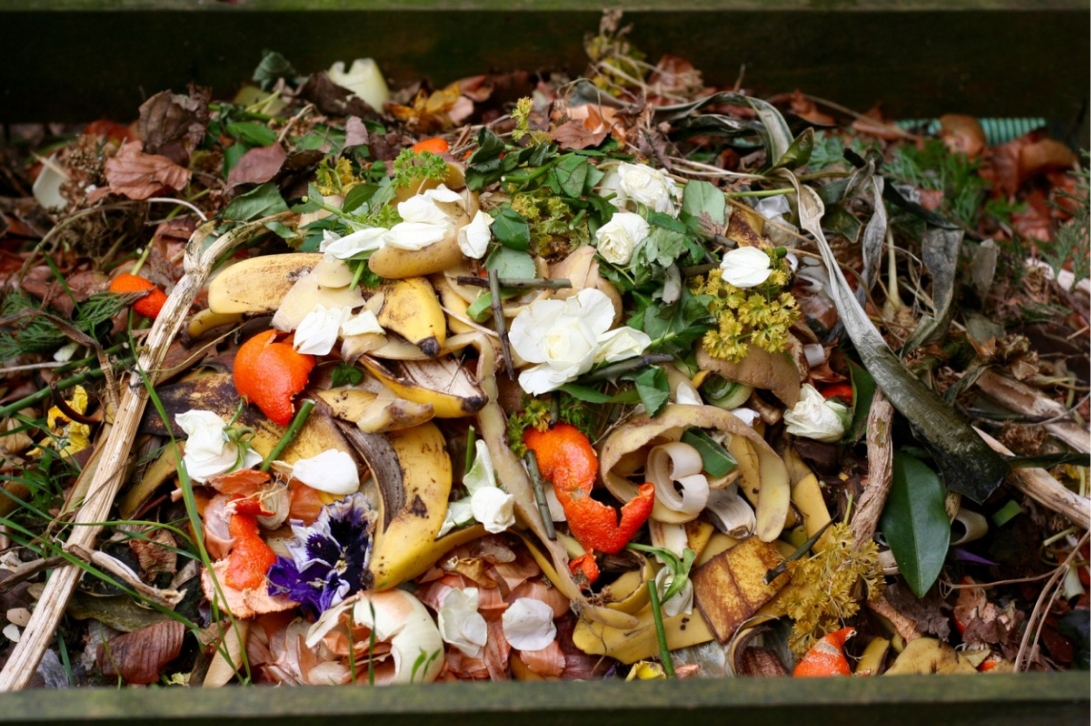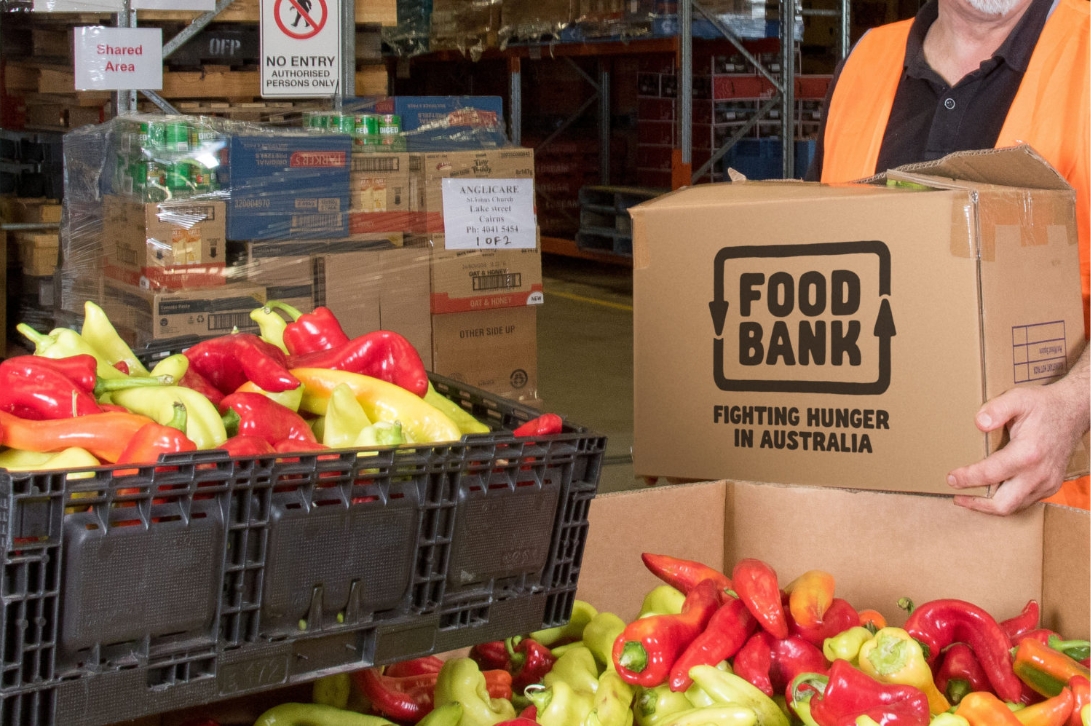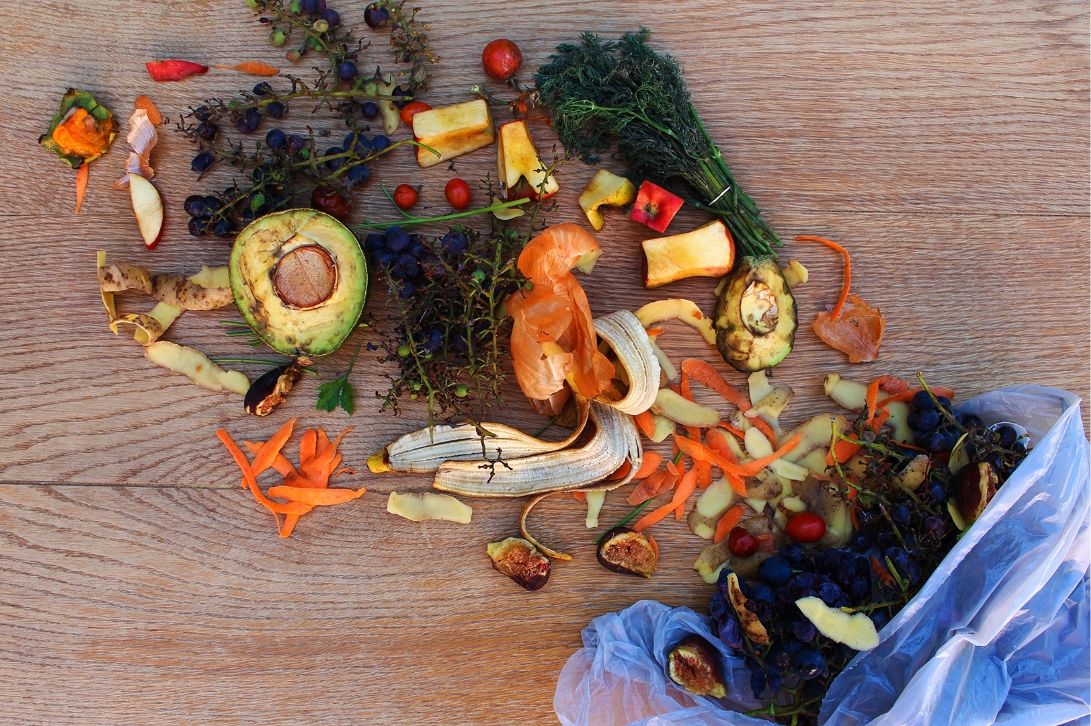How to get started with sustainability
Sustainability is one of those buzzwords that gets thrown around here and there. In the context of business, it can be an amorphous phrase that lacks practical application. Some people might not even be aware of its exact meaning. This article outlines a specific definition of sustainability and examples of how some innovative and eco-conscious organisations are making progress towards sustainable ends.
What does sustainability mean?
There are different layers to the definition of sustainability. There is the idea of maintaining a specific rate or amount of something (natural resources). There is also the notion of preservation for the good of the environment and future generations. The opposite of sustainability could well be waste and thoughtless consumption. Sustainability can sound like a lofty goal. So how do you get started with it?
Sustainability – where to start?
There are many ways to become more sustainable in your personal life – take a train rather than your car, grow your food, buy second-hand clothes and goods – the list goes on. But perhaps one of the most significant ways you can support sustainability in your community is to seek out sustainable businesses and vote with your money. If you run your own business, especially if you are involved in food production, then look for companies to partner with who can put your food waste to good use by recycling it somehow. Every little bit of food that doesn’t go in the bin helps save our planet by lessening food shortages (aiding food relief) and eliminating the greenhouse gases produced by the breakdown of that wasted food at the tip. It’s worth noting that there is a difference between food waste and food relief. By sourcing quality food that supermarkets or other businesses could otherwise waste, charity organisations can use that food to provide food relief, which is relief from food insecurity for people doing it tough.
Food relief organisations preventing food waste in Australia
FareShare
FareShare is a charity that prevents  food waste by rescuing high-quality food from supermarkets, farmers, and other businesses and using that food to create nutritious meals for those in need. Based in Melbourne and Brisbane, FareShare operates the largest charity kitchens in those cities. Fareshare cooks countless delicious and healthy meals and then distributes them to soup vans, homeless shelters, women’s refuges, and community food banks. FareShare has been following its mission of “mobilising volunteers to cook delicious, free meals from rescued, donated and our homegrown ingredients to improve the lives of Australians in hardship” for the past 20 years. It all began on humble terms with FareShare baking a couple of hundred pies each week. Still, their organisation has flourished with the help of philanthropic foundations, businesses, and individual donors, helping them live out their strong purpose to address food insecurity in their home communities.
food waste by rescuing high-quality food from supermarkets, farmers, and other businesses and using that food to create nutritious meals for those in need. Based in Melbourne and Brisbane, FareShare operates the largest charity kitchens in those cities. Fareshare cooks countless delicious and healthy meals and then distributes them to soup vans, homeless shelters, women’s refuges, and community food banks. FareShare has been following its mission of “mobilising volunteers to cook delicious, free meals from rescued, donated and our homegrown ingredients to improve the lives of Australians in hardship” for the past 20 years. It all began on humble terms with FareShare baking a couple of hundred pies each week. Still, their organisation has flourished with the help of philanthropic foundations, businesses, and individual donors, helping them live out their strong purpose to address food insecurity in their home communities.
Foodbank
 Foodbank is also involved in research, focusing on its annual Foodbank Hunger Report, which outlines the state of food insecurity in Australia each year. In 2021, one in six adults in Australia hadn’t had enough to eat, while 1.2 million children went hungry in that same year. By connecting food donors with local charities, Foodbank becomes the vital link that saves food from being wasted and helps people in need. Last year, Foodbank sourced enough food to supply over 86.7 million meals. At National Food Institute, we partner with gre8, Foodbank Victoria, and Make n Bake using food that would otherwise be wasted, turning surplus food into delicious baked and cooked goods that can then be sold and cycled back into the food chain. The bakery items created by SBATs at Make n Bake are sold at cost prices and are often used by schools and other organisations for fundraising drives. The Make n Bake team also uses seasonal products when available, like tomatoes, onions, beetroot, and fruit to make and bottle jams, pickles, relish, and chutney products. This practice adds to the skill set and learning experience of the SBAT students. Our involvement in training the SBATs and helping them learn about sustainability through efficient use of food supplies is one way we are helping end food waste at National Food Institute.
Foodbank is also involved in research, focusing on its annual Foodbank Hunger Report, which outlines the state of food insecurity in Australia each year. In 2021, one in six adults in Australia hadn’t had enough to eat, while 1.2 million children went hungry in that same year. By connecting food donors with local charities, Foodbank becomes the vital link that saves food from being wasted and helps people in need. Last year, Foodbank sourced enough food to supply over 86.7 million meals. At National Food Institute, we partner with gre8, Foodbank Victoria, and Make n Bake using food that would otherwise be wasted, turning surplus food into delicious baked and cooked goods that can then be sold and cycled back into the food chain. The bakery items created by SBATs at Make n Bake are sold at cost prices and are often used by schools and other organisations for fundraising drives. The Make n Bake team also uses seasonal products when available, like tomatoes, onions, beetroot, and fruit to make and bottle jams, pickles, relish, and chutney products. This practice adds to the skill set and learning experience of the SBAT students. Our involvement in training the SBATs and helping them learn about sustainability through efficient use of food supplies is one way we are helping end food waste at National Food Institute.
Get in touch with these organisations to help them end food waste for good
When we waste food, people suffer. Organisations like FareShare and Foodbank are making it their mission to end food waste and the associated problem of food insecurity in our communities with their food relief efforts.
For more information on getting involved, whether you are an individual or a business, visit FareShare or Foodbank online and contact them.

